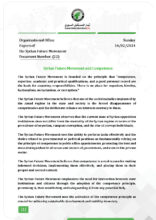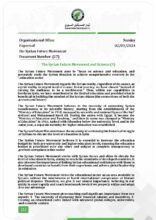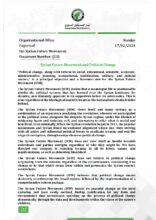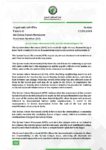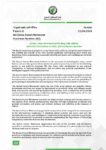The Syrian Future Movement (SFM) and the nature of the state’s political system
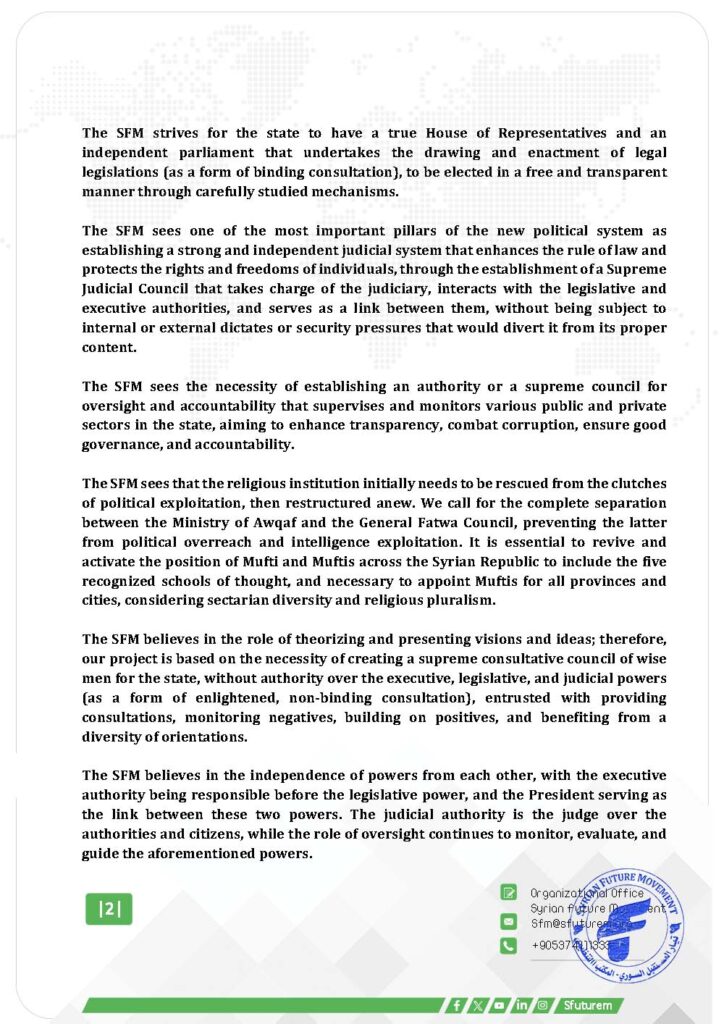
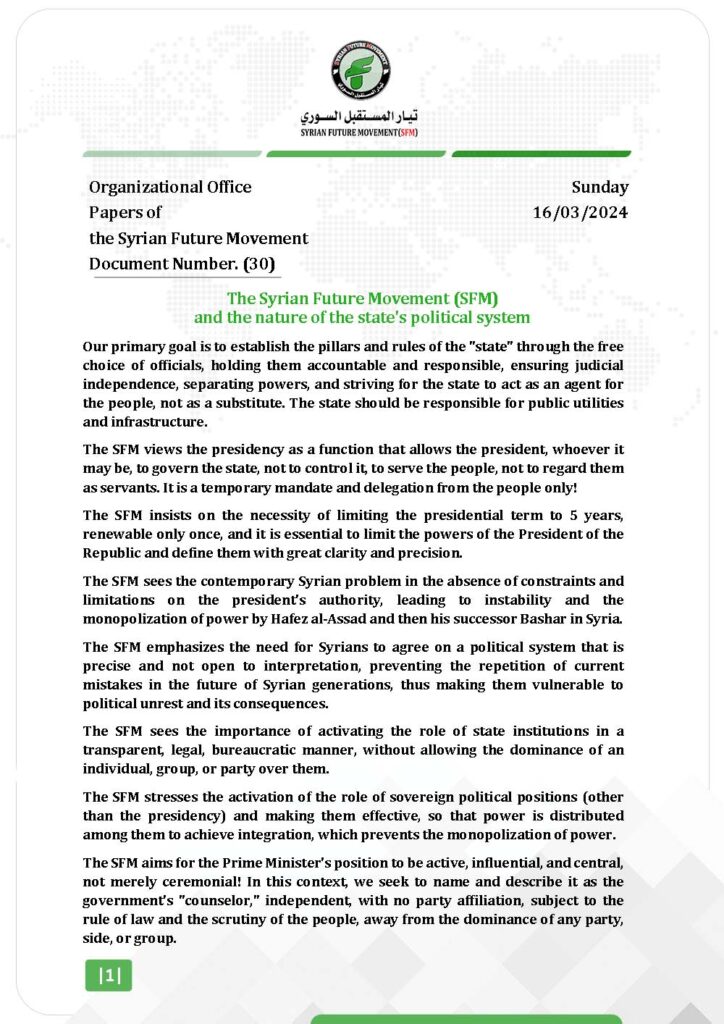
Our primary goal is to establish the pillars and rules of the “state” through the free choice of officials, holding them accountable and responsible, ensuring judicial independence, separating powers, and striving for the state to act as an agent for the people, not as a substitute. The state should be responsible for public utilities and infrastructure.
The SFM views the presidency as a function that allows the president, whoever it may be, to govern the state, not to control it, to serve the people, not to regard them as servants. It is a temporary mandate and delegation from the people only!
The SFM insists on the necessity of limiting the presidential term to 5 years, renewable only once, and it is essential to limit the powers of the President of the Republic and define them with great clarity and precision.
The SFM sees the contemporary Syrian problem in the absence of constraints and limitations on the president’s authority, leading to instability and the monopolization of power by Hafez al-Assad and then his successor Bashar in Syria.
The SFM emphasizes the need for Syrians to agree on a political system that is precise and not open to interpretation, preventing the repetition of current mistakes in the future of Syrian generations, thus making them vulnerable to political unrest and its consequences.
The SFM sees the importance of activating the role of state institutions in a transparent, legal, bureaucratic manner, without allowing the dominance of an individual, group, or party over them.
The SFM stresses the activation of the role of sovereign political positions (other than the presidency) and making them effective, so that power is distributed among them to achieve integration, which prevents the monopolization of power.
The SFM aims for the Prime Minister’s position to be active, influential, and central, not merely ceremonial! In this context, we seek to name and describe it as the government’s “counselor,” independent, with no party affiliation, subject to the rule of law and the scrutiny of the people, away from the dominance of any party, side, or group.
The SFM strives for the state to have a true House of Representatives and an independent parliament that undertakes the drawing and enactment of legal legislations (as a form of binding consultation), to be elected in a free and transparent manner through carefully studied mechanisms.
The SFM sees one of the most important pillars of the new political system as establishing a strong and independent judicial system that enhances the rule of law and protects the rights and freedoms of individuals, through the establishment of a Supreme Judicial Council that takes charge of the judiciary, interacts with the legislative and executive authorities, and serves as a link between them, without being subject to internal or external dictates or security pressures that would divert it from its proper content.
The SFM sees the necessity of establishing an authority or a supreme council for oversight and accountability that supervises and monitors various public and private sectors in the state, aiming to enhance transparency, combat corruption, ensure good governance, and accountability.
The SFM sees that the religious institution initially needs to be rescued from the clutches of political exploitation, then restructured anew. We call for the complete separation between the Ministry of Awqaf and the General Fatwa Council, preventing the latter from political overreach and intelligence exploitation. It is essential to revive and activate the position of Mufti and Muftis across the Syrian Republic to include the five recognized schools of thought, and necessary to appoint Muftis for all provinces and cities, considering sectarian diversity and religious pluralism.
The SFM believes in the role of theorizing and presenting visions and ideas; therefore, our project is based on the necessity of creating a supreme consultative council of wise men for the state, without authority over the executive, legislative, and judicial powers (as a form of enlightened, non-binding consultation), entrusted with providing consultations, monitoring negatives, building on positives, and benefiting from a diversity of orientations.
The SFM believes in the independence of powers from each other, with the executive authority being responsible before the legislative power, and the President serving as the link between these two powers. The judicial authority is the judge over the authorities and citizens, while the role of oversight continues to monitor, evaluate, and guide the aforementioned powers.
